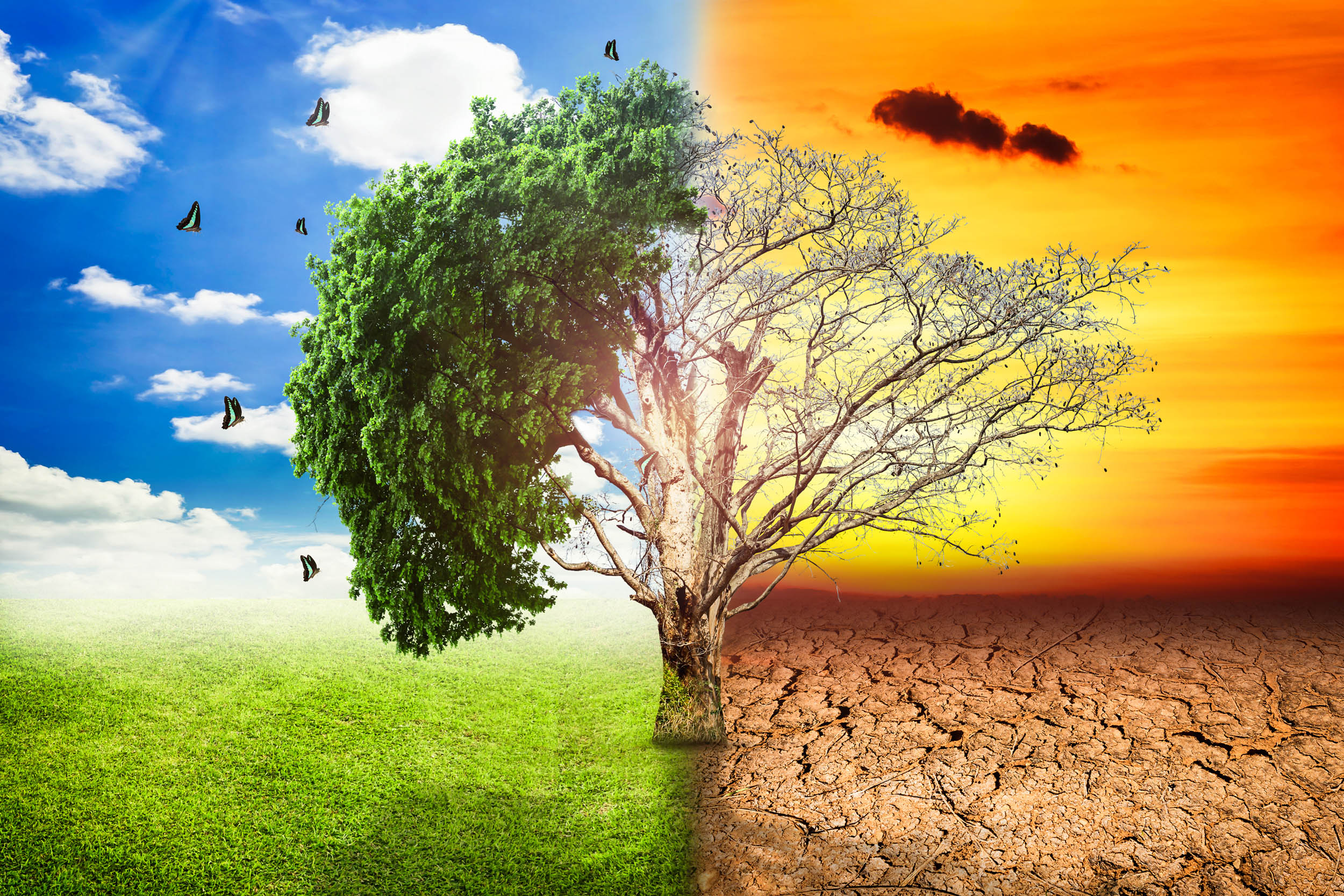Climate change, a pressing global issue, is primarily caused by human activities such as burning fossil fuels, deforestation, and industrial processes. These actions release greenhouse gases into the atmosphere, trapping heat and causing the Earth’s temperature to rise. This warming has far-reaching consequences for nature and ecosystems worldwide.
Key Impacts of Climate Change on Nature
- Rising sea levels: As glaciers and ice caps melt, sea levels rise, threatening coastal ecosystems and displacing millions of people.
- Extreme weather events: Climate change is increasing the frequency and intensity of extreme weather events, such as hurricanes, floods, droughts, and heatwaves. These events can devastate ecosystems and communities.
- Ocean acidification: The absorption of carbon dioxide from the atmosphere into the oceans is causing them to become more acidic, threatening marine life, particularly coral reefs.
- Habitat loss: Climate change is altering habitats, making them unsuitable for many species. This can lead to habitat loss, biodiversity decline, and species extinction.
- Shifting migration patterns: As temperatures rise, many species are shifting their migration patterns in search of more suitable habitats. This can disrupt ecosystems and lead to competition for resources.
Nature’s Resilience and Adaptation
Despite the challenges posed by climate change, nature is remarkably resilient. Many species are adapting to changing conditions, developing new strategies to survive. However, the rate of climate change is outpacing the ability of many species to adapt.
Human Efforts to Mitigate Climate Change
To protect nature and mitigate the impacts of climate change, humans must take urgent action. This includes:
- Reducing greenhouse gas emissions: Transitioning to renewable energy sources, improving energy efficiency, and reducing deforestation are essential steps.
- Protecting biodiversity: Conserving forests, wetlands, and other ecosystems helps to maintain biodiversity and regulate climate.
- Promoting sustainable practices: Adopting sustainable agriculture, fisheries, and forestry practices can help reduce the environmental impact of human activities.
- Investing in climate adaptation: Preparing for the impacts of climate change, such as building seawalls and developing drought-resistant crops, is crucial.
By understanding the impacts of climate change on nature and taking decisive action, we can help protect our planet and ensure a sustainable future for all.




